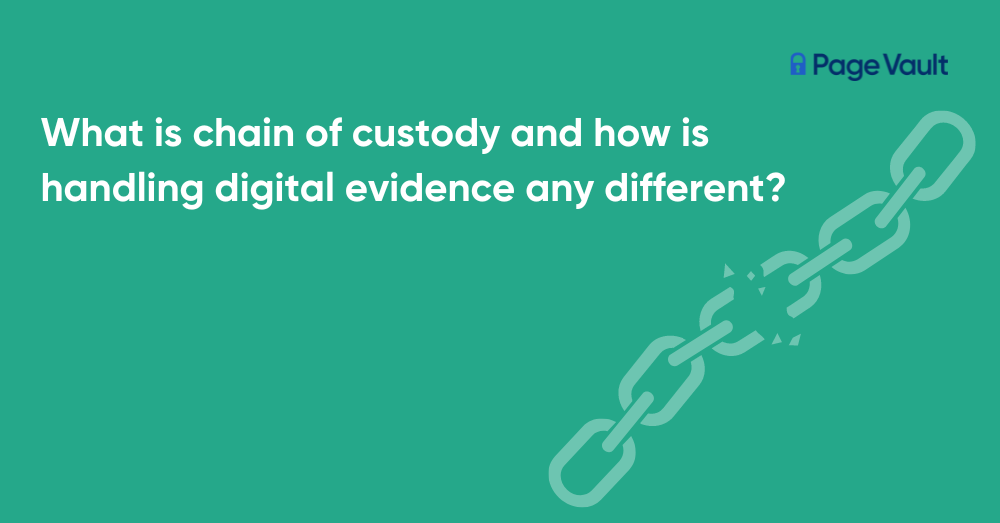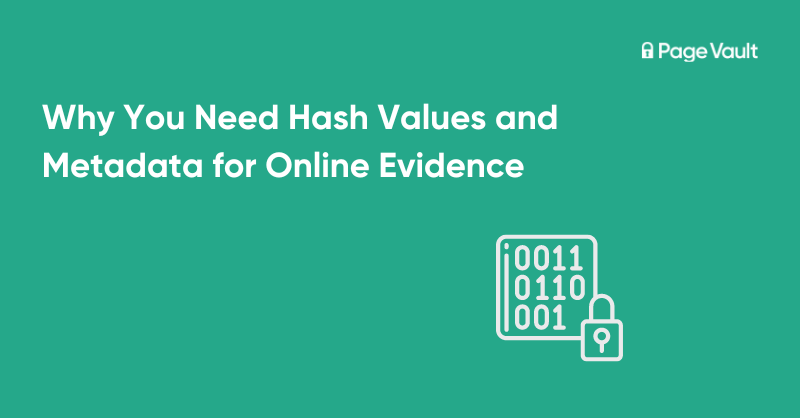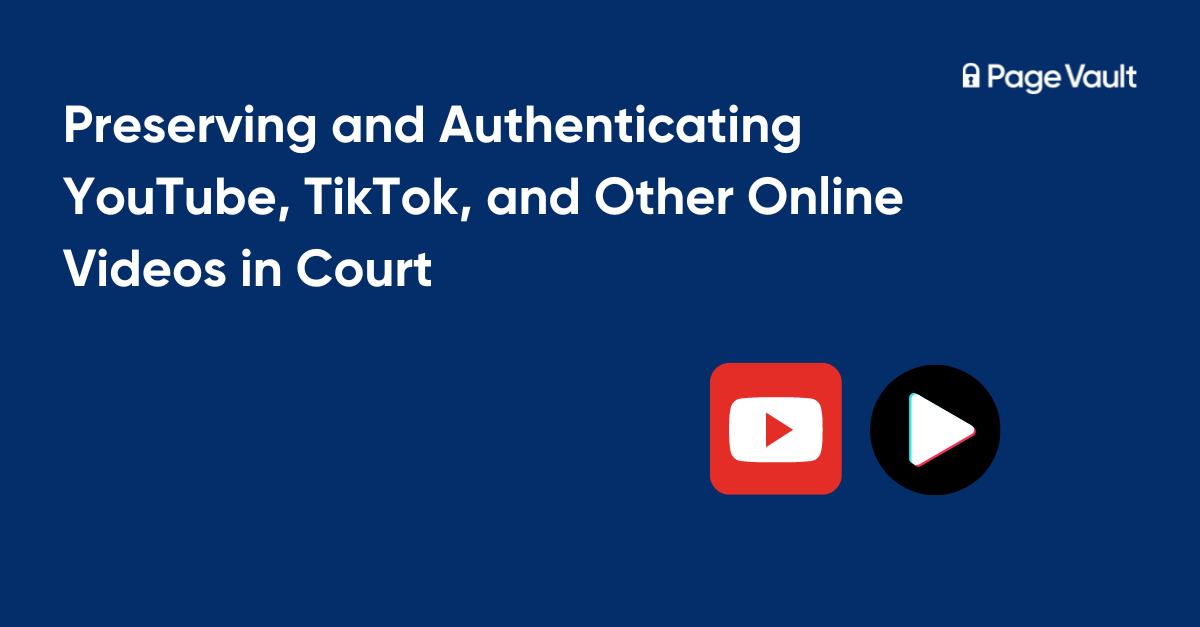What is chain of custody and how is handling digital evidence any different?
Last Updated May 2024
The chain of custody is a fundamental concept that ensures the integrity and reliability of evidence or data across various fields. By meticulously documenting every step from collection to presentation, organizations and legal entities protect themselves against errors and malpractices, thus safeguarding the interests of the parties involved. This article explores the chain of custody of digital evidence and its unique challenges in comparison to physical evidence.




.png)

.png)
.png)